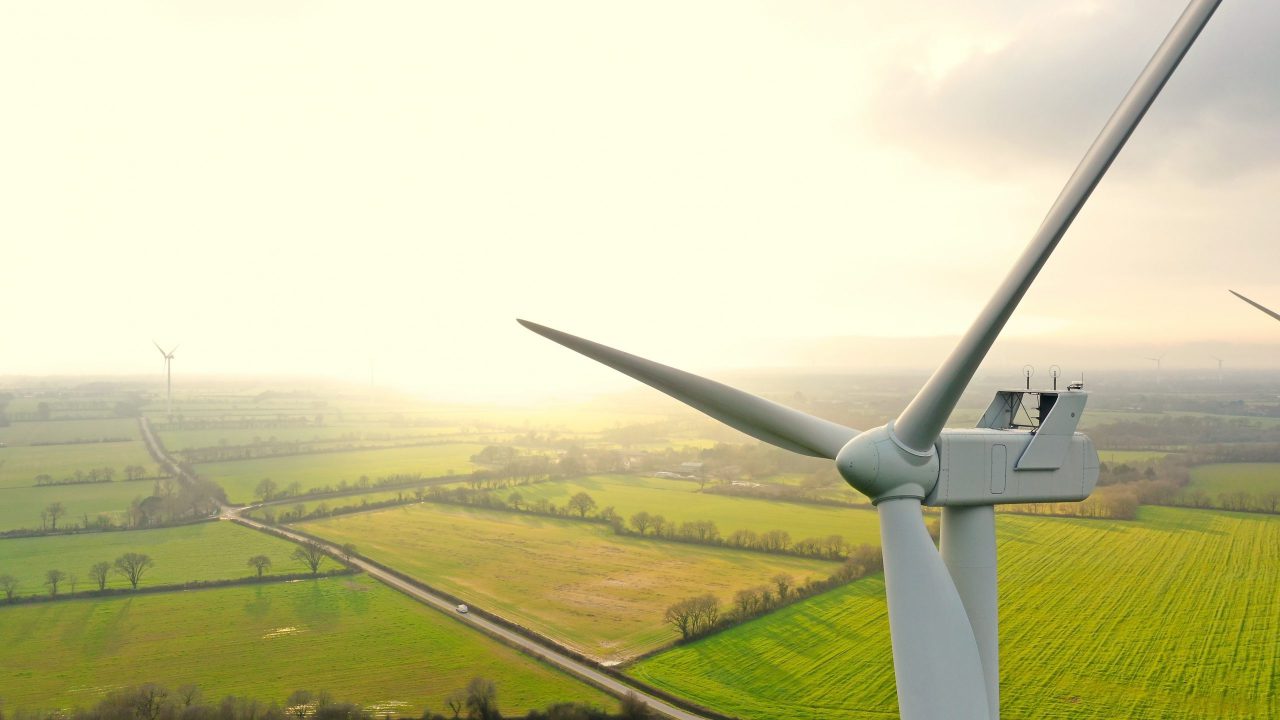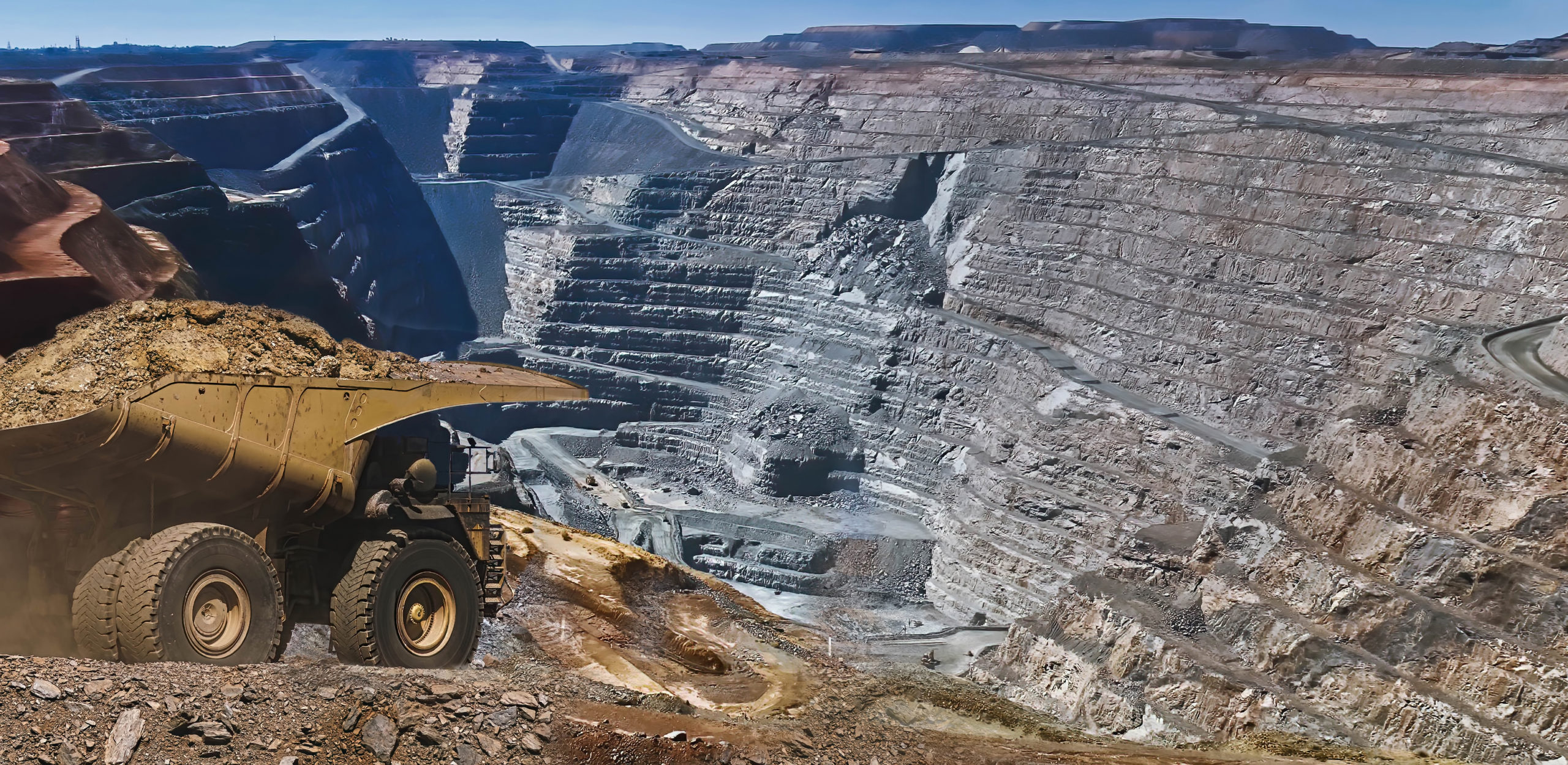Industrial Decarbonisation in Australia – An overview of the Global Expert Mission

The Industrial Decarbonisation Global Expert Mission (GEM) to Australia took place virtually in May 2022 with the aim of better understanding the decarbonisation landscape and identifying synergies and opportunities for collaboration between the UK and Australia.
The mission delegation focused on three areas of clean technology: blue hydrogen, green hydrogen and carbon capture and storage (CCS). These are key enabling technologies which require significant development and commitment to support and accelerate global decarbonisation strategies.
Australia and the UK have recently joined forces to collaborate in advancing industrial decarbonisation through the development and deployment of blue hydrogen, green hydrogen and carbon capture technologies.
Blue hydrogen is produced from natural gas using CCS technology, which captures and stores the carbon dioxide emissions produced during the production process. The UK has extensive experience in developing and deploying blue hydrogen, and Australia is seeking to build its own capabilities in this area.
Green hydrogen, on the other hand, is produced from renewable energy sources such as wind or solar power and produces no carbon dioxide emissions. Both Australia and the UK have significant potential to develop green hydrogen, with Australia’s abundant solar and wind resources and the UK’s strong renewable energy sector.
CCS technology is seen as a crucial component in the transition to a low-carbon economy, and both countries have made significant investments in this domain. The collaboration aims to bring together the expertise and resources of both nations to advance the development and deployment of CCS technology, making it more affordable and accessible for industrial applications.
One of the key goals of this bilateral collaboration is to develop and implement technologies and processes that will allow foundation industries, such as steel and cement production, to reduce their carbon footprints. Both countries have a strong commitment to reducing emissions in these industries and are working to develop innovative solutions that will help to decarbonise these sectors.
In addition to technological developments, the collaboration is also focused on improving the regulatory environment for industrial decarbonisation. This includes the development of policies and incentives that will encourage companies to adopt clean technologies and more sustainable practices.
In conclusion, the collaboration between Australia and the UK on blue hydrogen, green hydrogen and carbon capture is a positive development that has the potential to deliver significant benefits for both countries and the wider world. The partnership is a clear demonstration of their commitment to tackling the pressing challenge of climate change and building a more sustainable future.
About Global Expert Missions
The Global Expert Missions (GEM) programme is funded by Innovate UK to support the Industrial Strategy’s ambition for the UK to be the international partner of choice for science and innovation. Led by Innovate UK KTN, GEMs play an important role in building strategic partnerships, providing deep insight into the opportunities for UK innovation and shaping future bilateral collaboration programmes.
Related programme

Global Expert Missions
Global Expert Missions (GEM) creates global opportunities for UK research and innovation by forging strategic partnerships with key countries and businesses.




